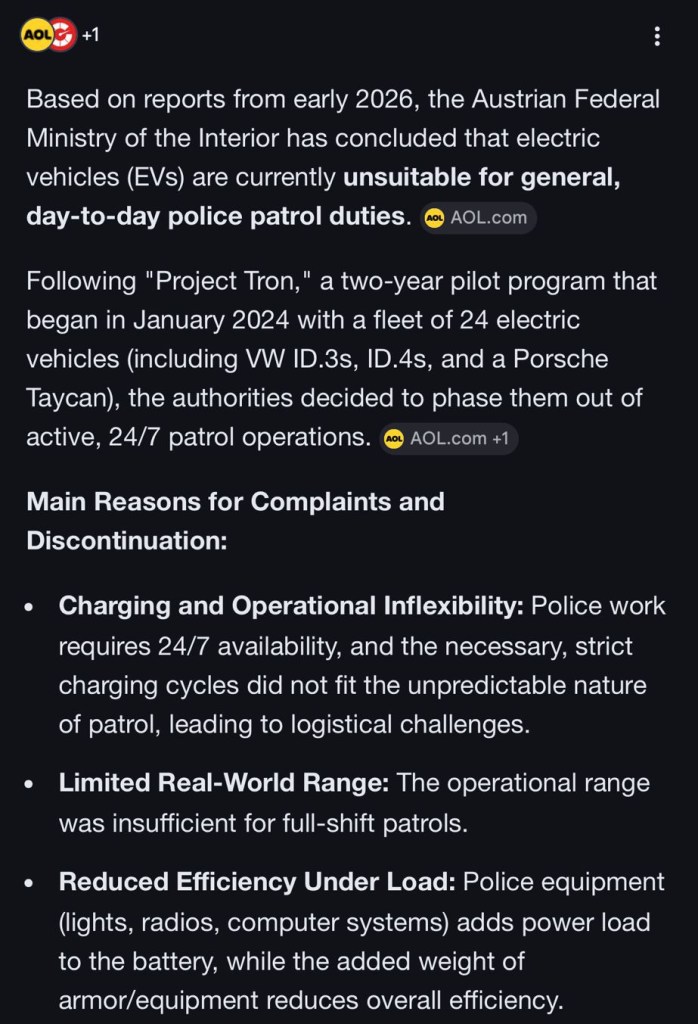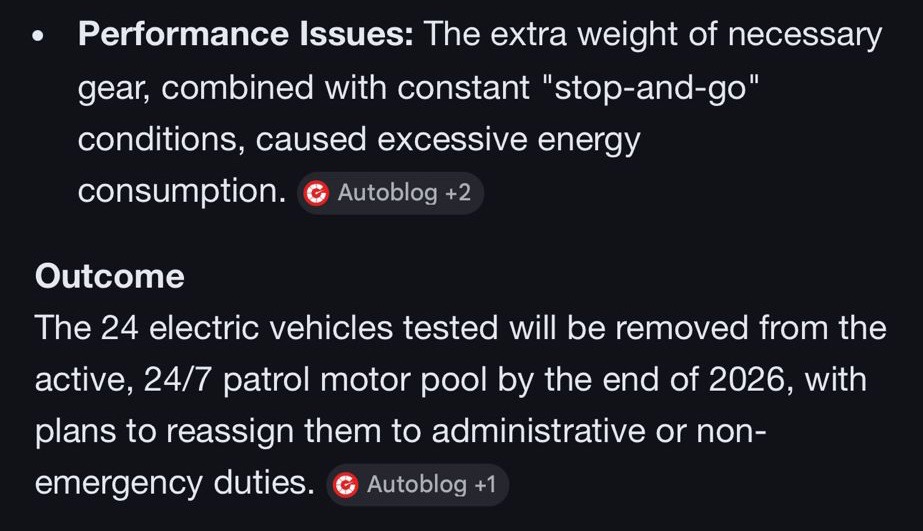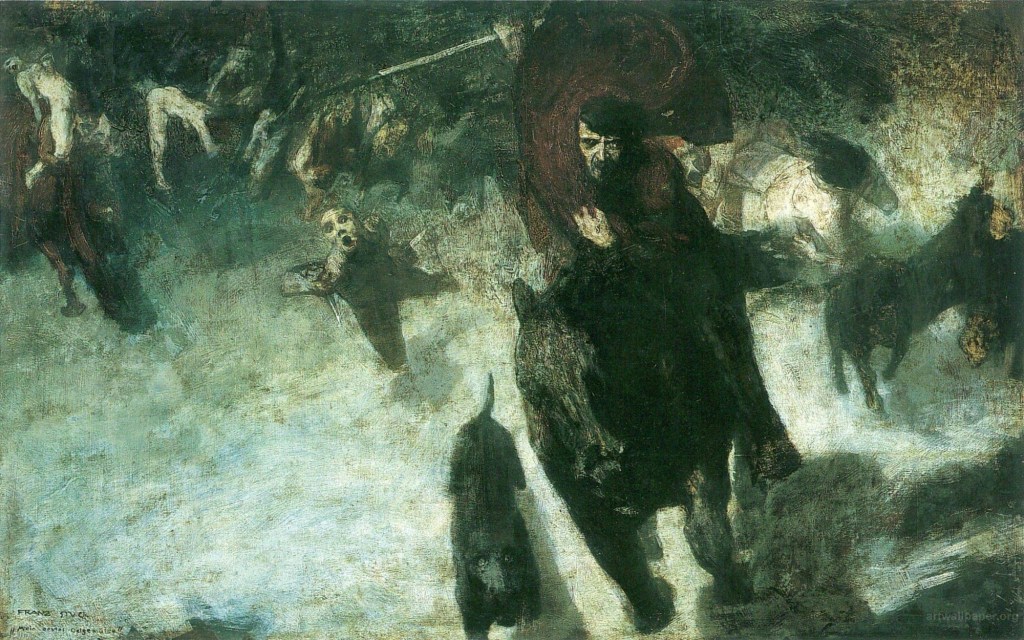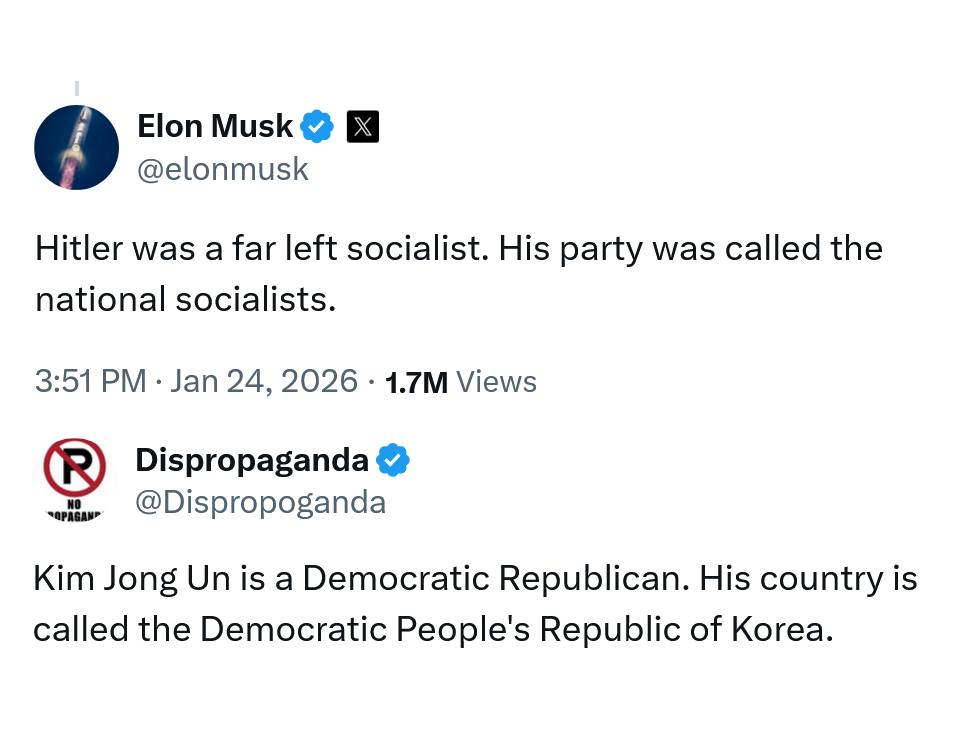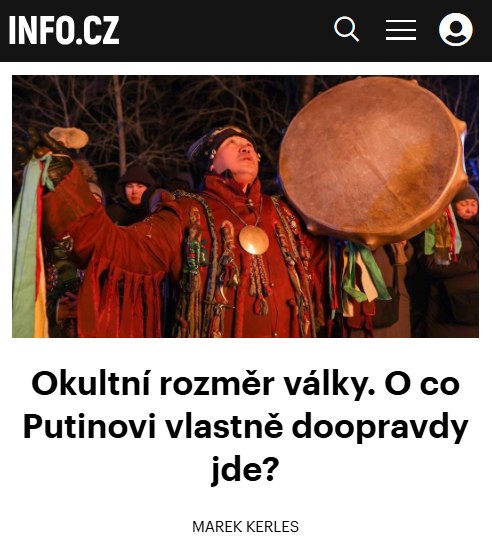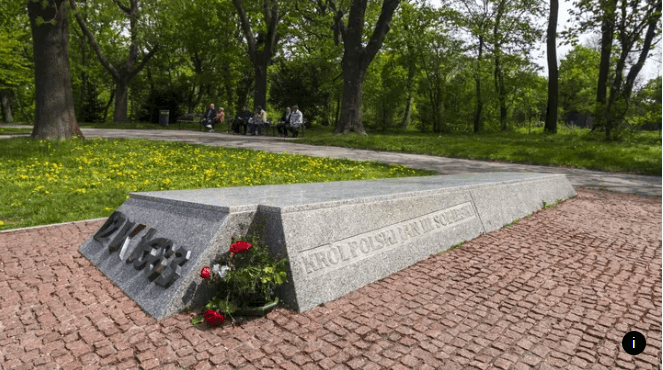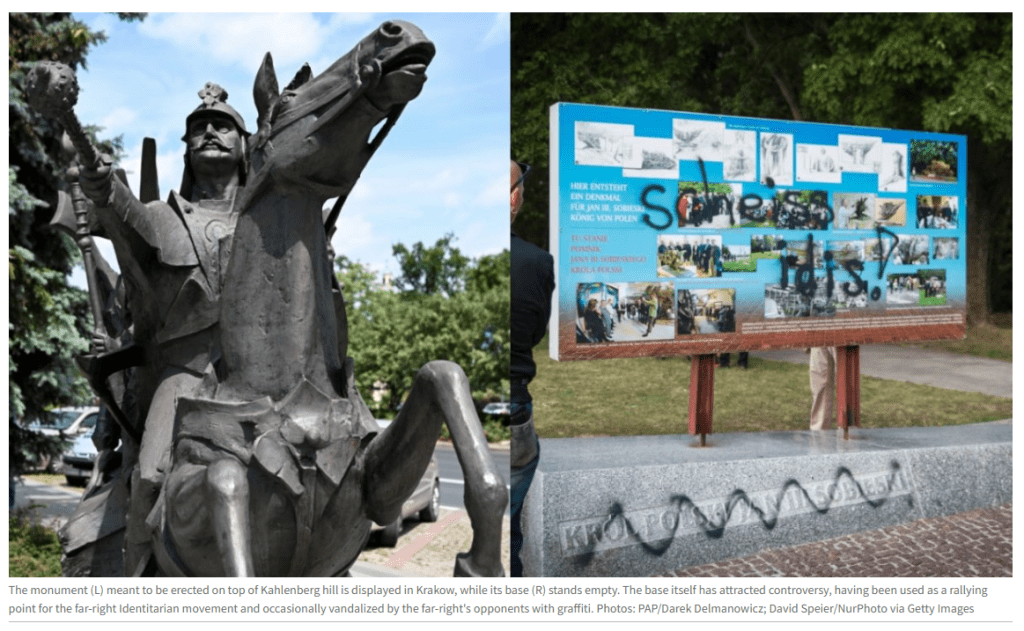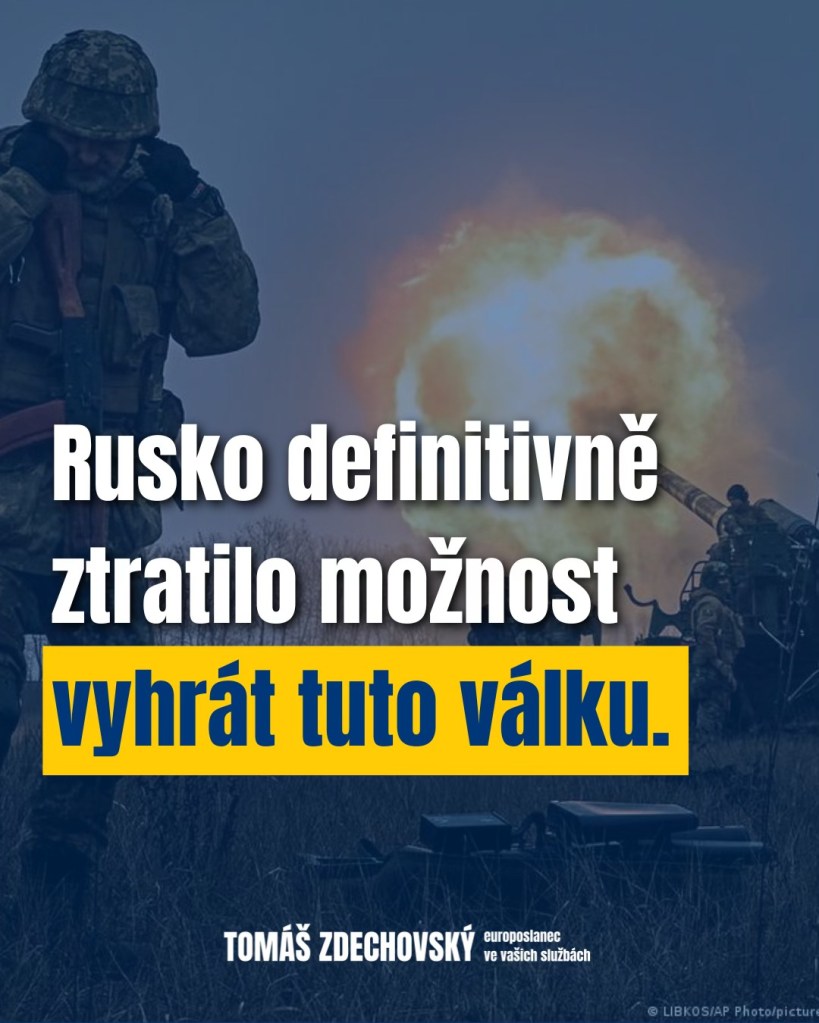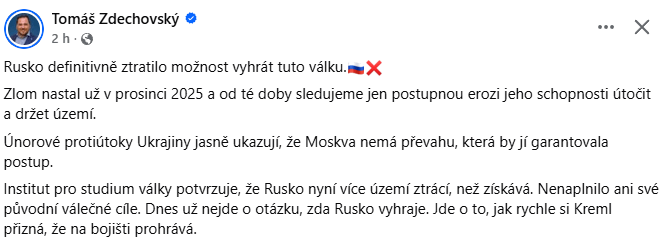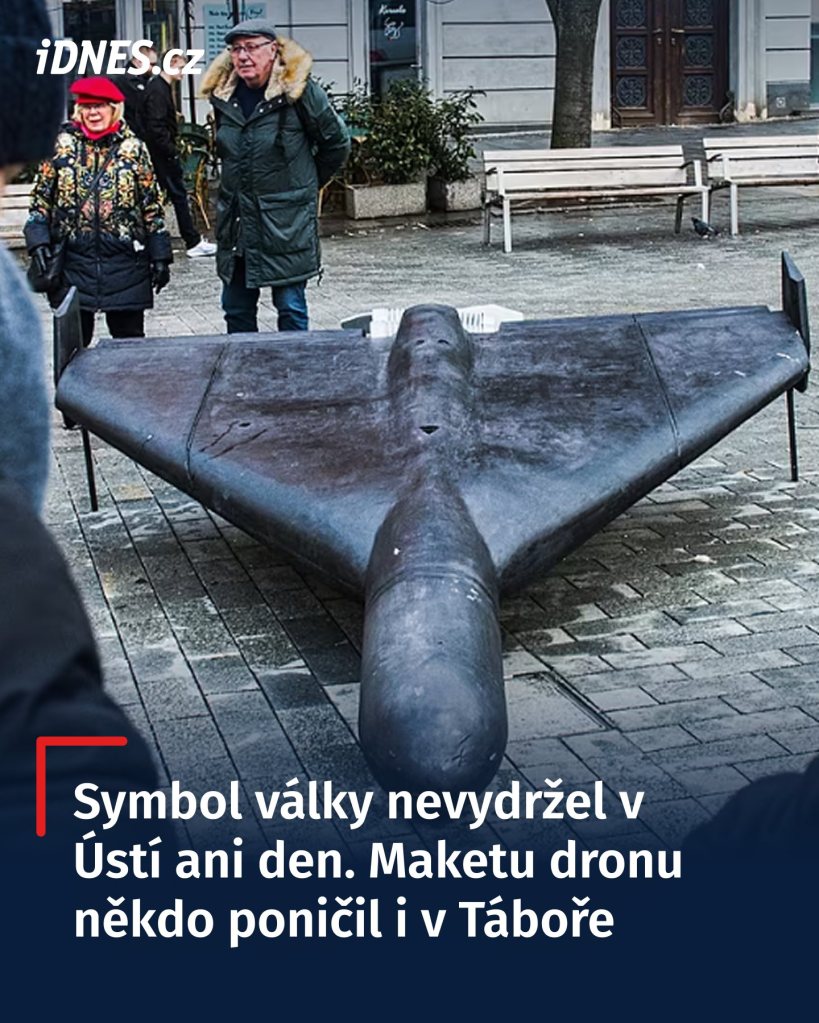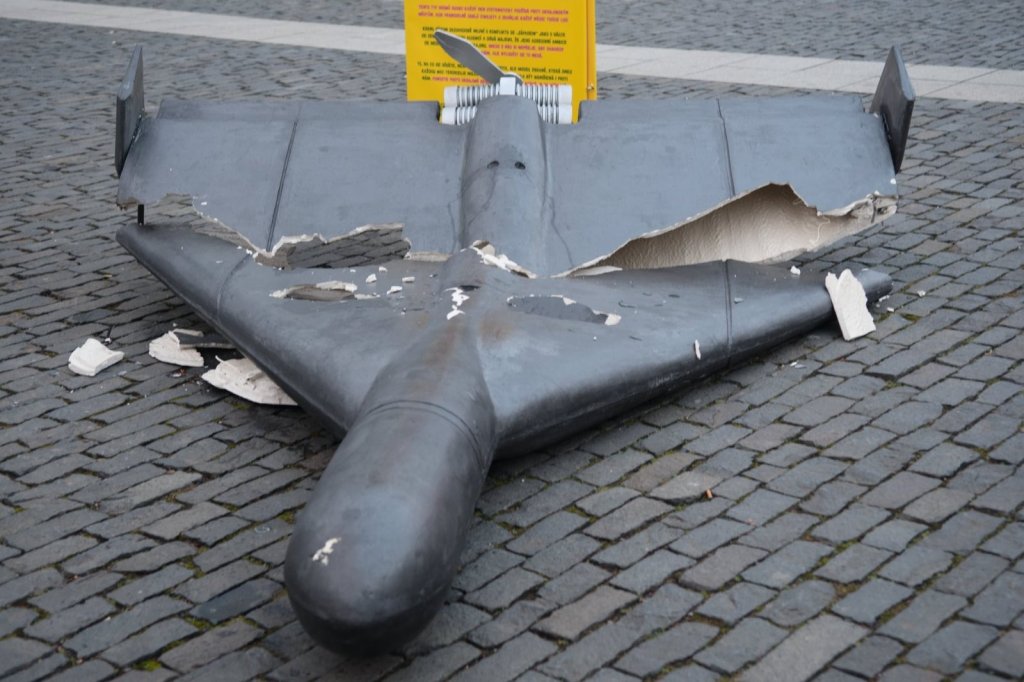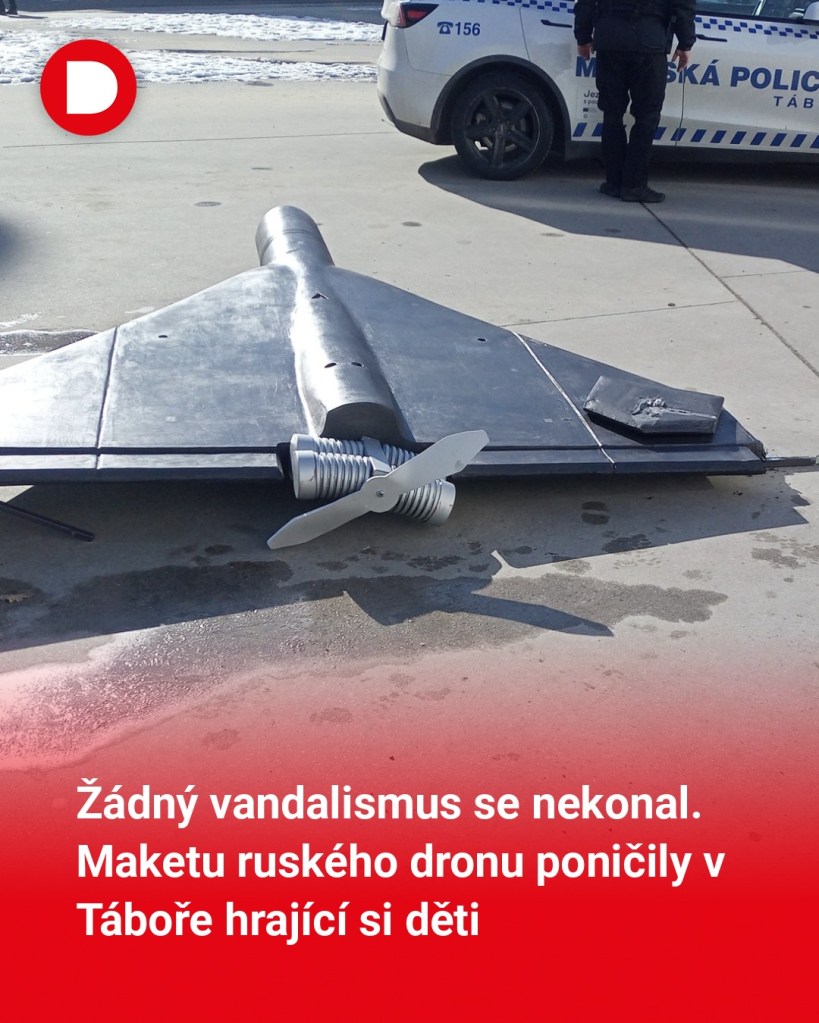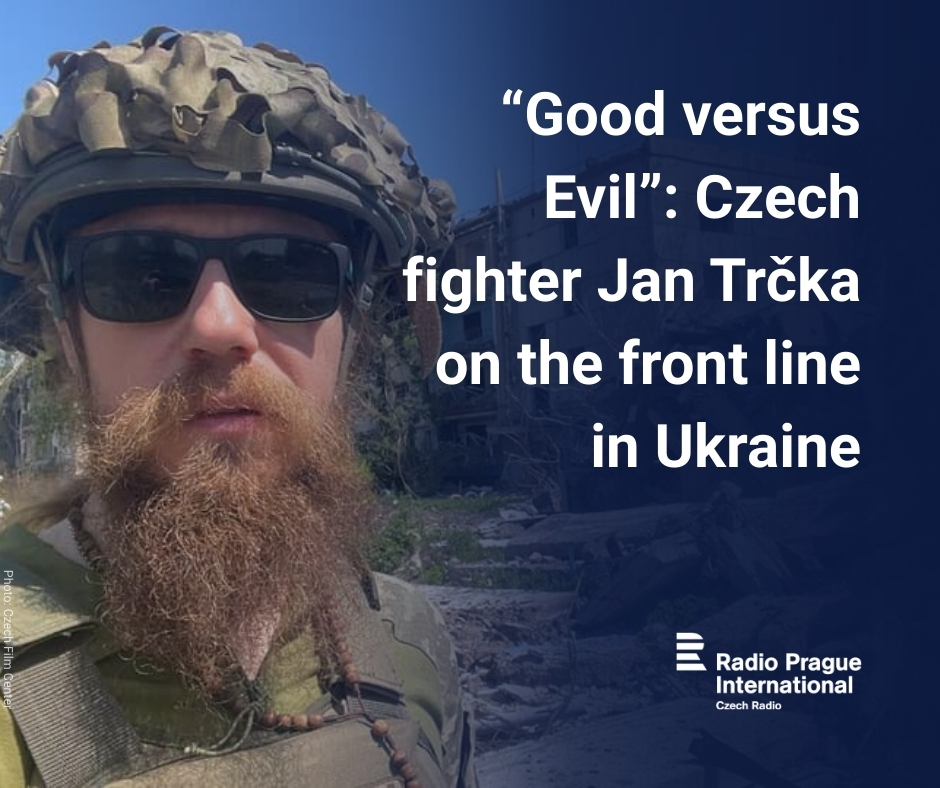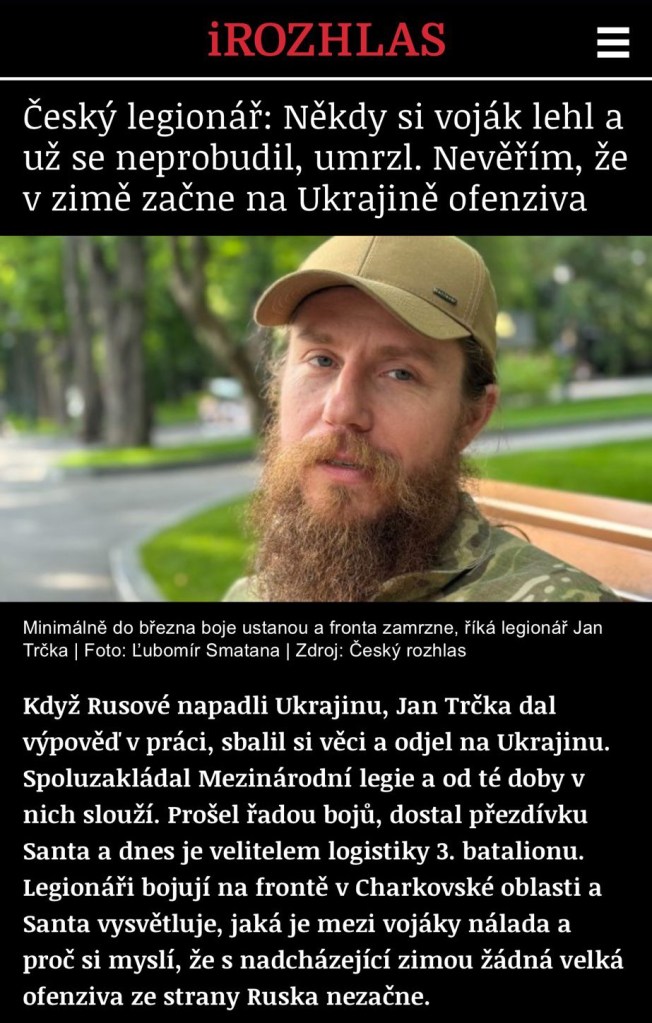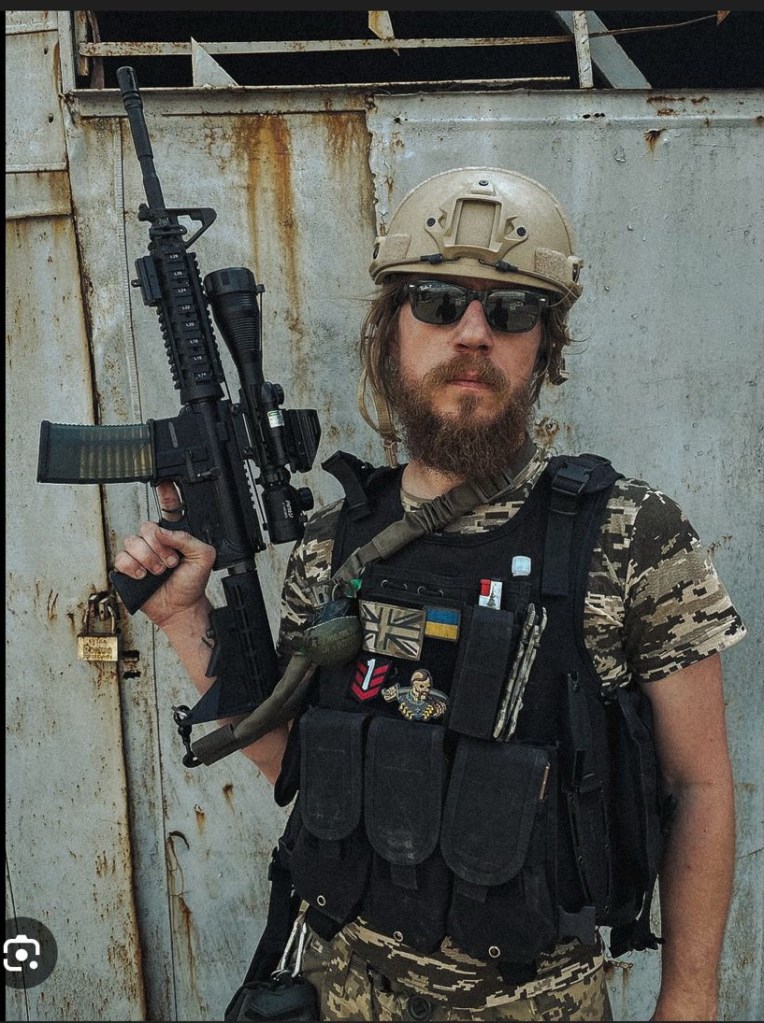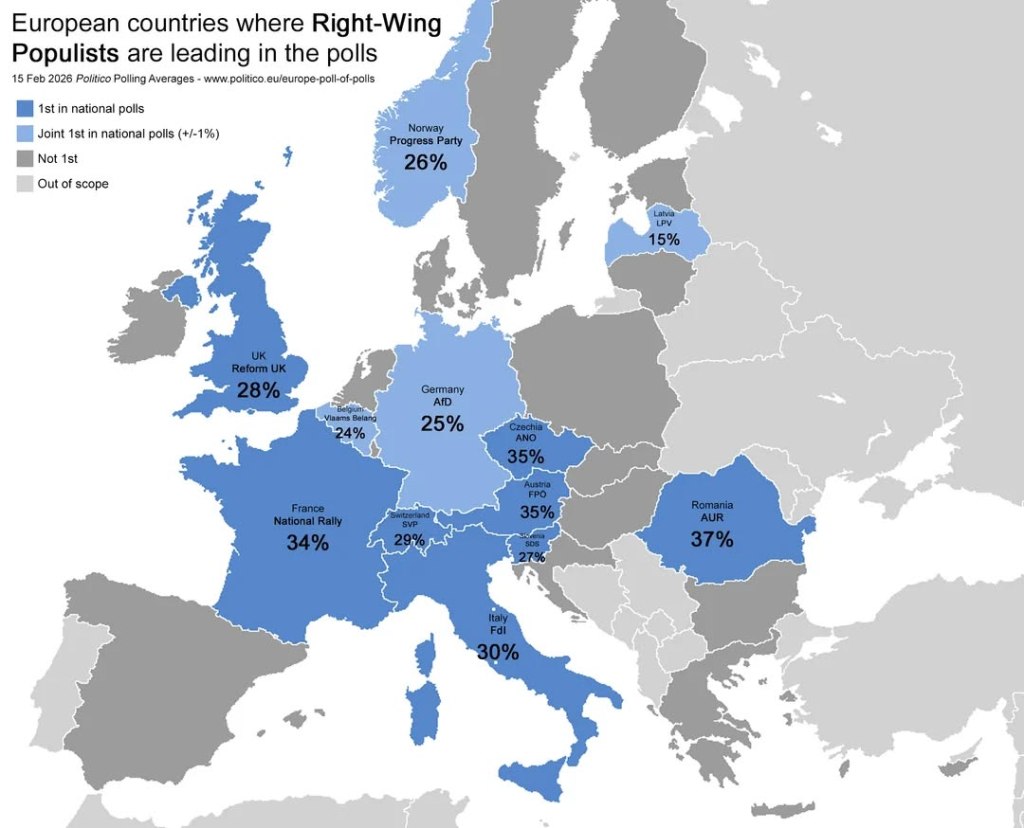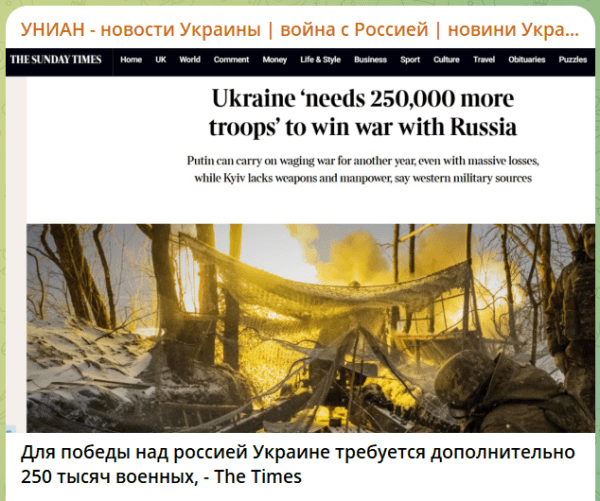If you are a Bitcoin head like me, support me by sending me some BTC, just a few sats:
BTC
bc1q65znnc3zscjk53ukt0rvgk9gqrrfhmhuxer9qu
***
This post has been updated on 22 May 2023, I have deleted some links that have since become defunct. A lot of it remains on Livejournal and on Telegram.
I will not lie if I say that I was inspired by Anatoly Karlin’s blogroll to write this post but I shall make this a sticky post that will hang here forever, and I will periodically update it as I see fit. It should help you navigate to popular content on this blog, and showcase some of my other work.
What I’m writing:
The best of IR
One of the most shared of my posts is the one that deals with Jakub Janda’s porn photo shoot. The Czechs especially love sharing the hell out of it. Other information on Jakub Janda and European Values in the dossier.
But the most viewed post is actually this case of Facebook censorship that was most shared on Facebook. LMAO!!!
I am creating a dossier of reports on Nazis in Ukraine. Some in the West say this is a Russian disinformation but we have photos, videos, and arguments and they don’t…
Hunter Biden leaks are bringing in considerable traffic this month, despite me being busy over the Summer season and not posting very often. See the posts here and here. This story was literally suppressed by Big Tech before the 2020 election.
Recently, in 2023, my presentation of the New Israel in Ukraine conspiracy theory has become really popular.
An article about Larry Fink chastising Ukrainians for digging graves at agrarian fields belonging to Blackrock is the most read article this year (2024). This however might be a disinformation, and I cannot corroborate the story independently.
Why wasn’t Norossiya created? And why taking Ukraine in 2014 was a bad idea, two posts from 2019 didn’t age that badly as I expected and are receiving a lot of traffic in 2025-2026.
Video Channels
The Insomniac Resurrected has a linked YouTube channel. However, for the most part it is just video dump. I am planning to make a number of videos but editing takes time and I do not find any time to give the videos subtitles. If things go currently as they are, the channel will have videos in a variety of languages, that is English, Russian, Ukrainian, and Czech, and none will have any subtitles. Consequently, the viewership will vary. I also fear that my political content will be censored by YouTube, I already received several strikes on videos, especially videos disparaging Banderovites, and the Navalny protests. So far I do not care but was I ever to update my channel more regularly, I would mirror it on other streaming websites.
I have a channel on RuTube but I only include the 500 seconds of Truth About Ukraine by Mikhail Onufrienko. YouTube would not allow me to post it.
People are butthurt about my old Youtube video, Nuke Poland, where I do mock Russian accent. So in case it gets deleted, I have posted it to RuTube.
I am useless at embedding videos here on this blog, and have to figure that one out.
I also have a gaming channel, Monkey Realms but I realized I suck at commenting videos, and haven’t updated it in a while. Besides, my inactivity is compounded by being really frustrated with Hearthstone. A great and fun game which is totally not pay to win. I also play modded Skyrim but that has been bugging out on me of late.
I have recently reached Legend in Hearthstone for the first time, literally blasted my way in. Here are some screen shots to save as a memory. It is ironic that on my gaming channel I had a show called Pyroblasted. I might continue the tradition next month.


I upload my winning decks to Hearthpwn.
UPD: Nice story about Hearthstone above, it was a nice episode in my life, I reached the highest heights with a blast. But these days, I don’t play any Hearthstone. It was eating away too much money and I wasn’t getting anywhere. This is the problem with many games today.
I must add that these days I am completely ignoring Blizzard games…
What I’m reading and watching
I’m a Vatnik, and therefore I mostly read Vatnik resources, I also try to avoid pro-Western people, Russophobes, Ukrainian nationalists. I only check out those when researching for my blog…
Ukraine resources (in Russian and Ukrainian)
The Peremogi blog on livejournal is constantly updated by several people, and provides a good digest of Vatnik content and reports on Svidomism. One of the best Ukraine resources, I check it out every day…
Alternativa of Andrey Vajra. I knew about Andrey Vajra for roughly 10 years, ever since I became interested in ethnic issues in Ukraine. Back then he was an anonymous resident of Kiev but he has since moved to St. Petersburg, Russia and does videos disparaging the Ukrainian reality.
For other good content in Russian and Ukrainian: See Mikhail Onufrienko blog

